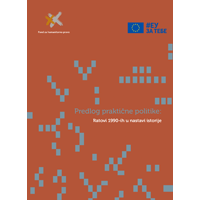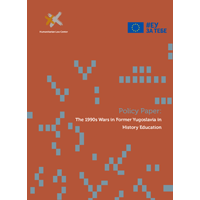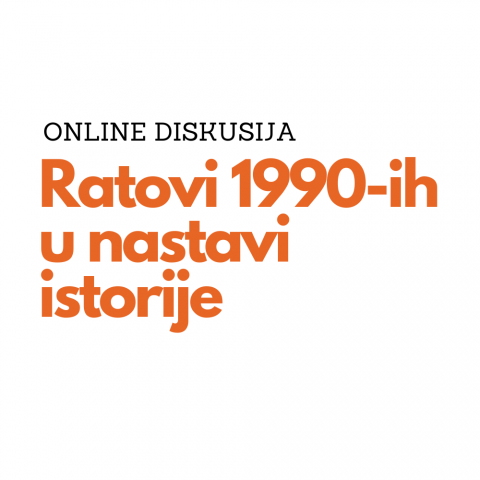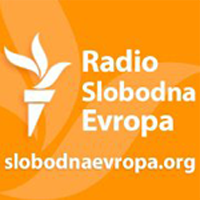(srpski) Srbija: Raspisana poternica za osuđenikom za ratni zločin

Sorry, this entry is only available in srpski.


Sorry, this entry is only available in srpski.

Sorry, this entry is only available in srpski.

Dragoljub Ojdanic, who was the chief of the general staff of the Yugoslav Army and served a sentence for crimes against Kosovo Albanians during the war in 1999, has died in Belgrade.

 The state authorities in Serbia have formally committed to raising awareness about the 1990s wars in former Yugoslavia, the war crimes committed during them, and the necessity for their prosecution. The National Strategy for the Prosecution of War Crimes, which the Government of the Republic of Serbia adopted in 2016, sets raising awareness and outreach in society as one of its goals. Within the outreach section, the National Strategy addresses formal education, but very briefly, and without binding regulations for educational authorities. The ongoing problem is that, in practice, formal education does not dedicate a lot of attention to the wars that followed the disintegration of Yugoslavia. Although education is mentioned, the National Strategy has not initiated any changes in the way the Yugoslav wars of the 1990s are taught.
The state authorities in Serbia have formally committed to raising awareness about the 1990s wars in former Yugoslavia, the war crimes committed during them, and the necessity for their prosecution. The National Strategy for the Prosecution of War Crimes, which the Government of the Republic of Serbia adopted in 2016, sets raising awareness and outreach in society as one of its goals. Within the outreach section, the National Strategy addresses formal education, but very briefly, and without binding regulations for educational authorities. The ongoing problem is that, in practice, formal education does not dedicate a lot of attention to the wars that followed the disintegration of Yugoslavia. Although education is mentioned, the National Strategy has not initiated any changes in the way the Yugoslav wars of the 1990s are taught.

 More than two decades have passed since the end of the armed conflicts on the territory of the former Yugoslavia which took more than 130,000 lives. In today’s Serbia, the official memory politics on this period is characterised by historical revisionism, which sees the wars of the 1990s through a binary ethnocentric narrative about Serbian heroes and victims. Convicted war criminals enjoy public and institutional support, and many are even politically active. At the same time, in the memory politics and public discourses, the facts established before the International Criminal Tribunal for the former Yugoslavia (ICTY) and in numerous research projects are ignored or denied.
More than two decades have passed since the end of the armed conflicts on the territory of the former Yugoslavia which took more than 130,000 lives. In today’s Serbia, the official memory politics on this period is characterised by historical revisionism, which sees the wars of the 1990s through a binary ethnocentric narrative about Serbian heroes and victims. Convicted war criminals enjoy public and institutional support, and many are even politically active. At the same time, in the memory politics and public discourses, the facts established before the International Criminal Tribunal for the former Yugoslavia (ICTY) and in numerous research projects are ignored or denied.

Sorry, this entry is only available in srpski.

Sorry, this entry is only available in srpski.

Sorry, this entry is only available in srpski.